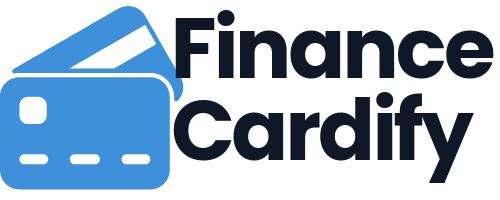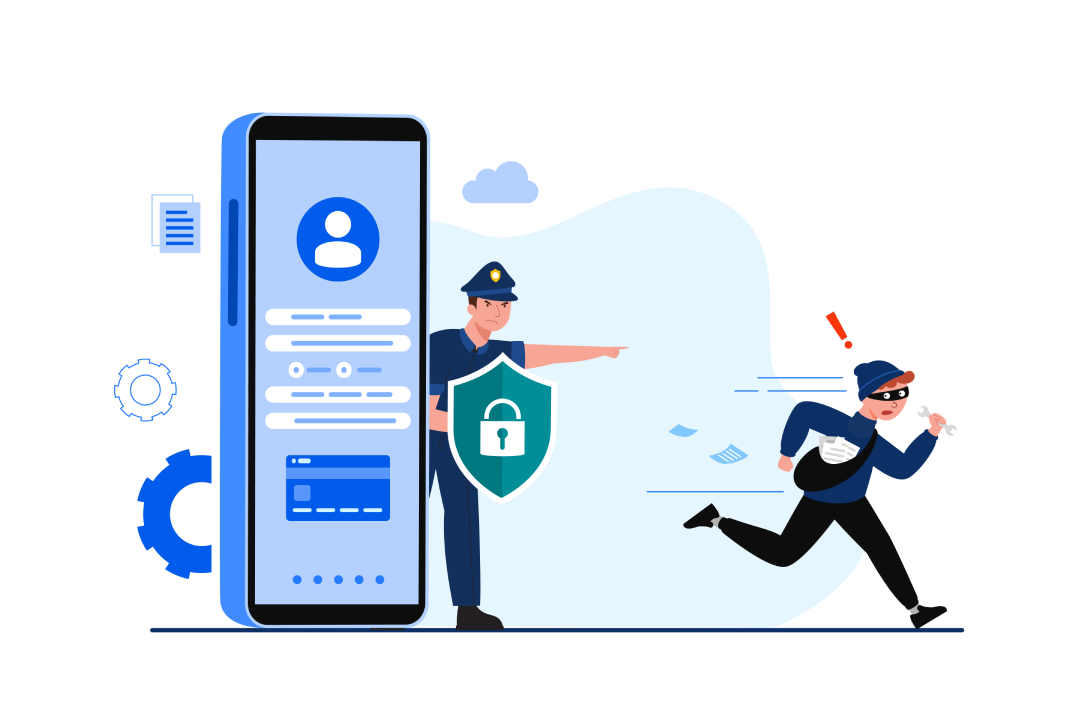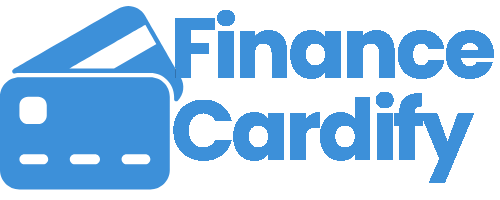In the digital age, cybersecurity is not just a buzzword but a necessary precaution for anyone using online banking services. As cyber threats evolve, protecting your bank accounts from cyberattacks has become more crucial than ever. This guide will provide essential strategies to safeguard your financial information and ensure your assets are protected from online predators. We’ll integrate smart SEO keywords to improve organic traffic and uphold the best content policies for accuracy and reliability.
Understanding Cyber Threats to Bank Accounts
Cyberattacks on bank accounts can range from phishing schemes and malware attacks to sophisticated system breaches. These attacks aim to steal personal information, login credentials, or directly siphon funds from your accounts. Knowing the types of threats can help you better prepare and protect your assets.
Common Cyber Threats:
- Phishing Emails: Fraudulent emails designed to trick you into giving away personal information.
- Keyloggers: Malware that records keystrokes to capture your account passwords.
- Man-in-the-Middle Attacks: Where attackers intercept online transactions.
- Ransomware: Malware that locks you out of your own systems, demanding payment to restore access.
How to Protect Your Bank Accounts from Cyberattacks
1. Use Strong, Unique Passwords
Create complex passwords that combine letters, numbers, and symbols. Avoid using the same password across multiple sites, especially for banking and other financial services.
2. Enable Two-Factor Authentication (2FA)
Adding an extra layer of security, 2FA requires a second form of identification before access is granted, usually a code sent to your phone or generated by an app.
3. Keep Your Software Updated
Regular updates to your operating system, browser, and security software can protect you from vulnerabilities that cybercriminals exploit in software.
4. Monitor Your Accounts Regularly
Check your bank statements and transaction history frequently to spot any unauthorized transactions as early as possible.
5. Educate Yourself About Phishing Techniques
Be wary of emails or messages that request personal information or direct you to websites asking for your banking details. Always verify the authenticity of requests by contacting your bank directly using official channels.
6. Secure Your Home Network
Use a strong Wi-Fi password and consider using a VPN, especially when accessing your bank account from public or unsecured Wi-Fi networks.
7. Use Banking Alerts
Most banks offer customizable alerts that notify you of suspicious activity, large transactions, and other account changes. Enable these alerts to keep track of your account activities.
8. Be Cautious with Your Personal Information
Don’t share sensitive information such as your PINs, passwords, or bank account numbers over the phone, in emails, or via text messages unless you are absolutely sure of the recipient’s identity.
SEO Keywords for Organic Traffic
This article includes key phrases like “protect bank accounts from cyberattacks,” “online banking security tips,” “prevent phishing scams,” “cybersecurity best practices,” and “financial information protection” to enhance search engine visibility and draw in readers seeking advice on cybersecurity for bank accounts.
Good Content Practices
This guide adheres to ethical content standards by:
- Providing accurate and reliable information: Ensuring the advice is up-to-date and verifiable.
- Offering practical, actionable advice: Empowering readers with clear steps to protect themselves.
- Highlighting the importance of ongoing vigilance: Encouraging continuous education and proactive security measures.
FAQ: Protecting Bank Accounts from Cyberattacks
What should I do if I suspect a phishing attempt?
If you suspect a phishing attempt, do not click on any links or download attachments from the suspicious email or message. Report the attempt to your bank and delete the message. Always verify through official channels if you are unsure.
How often should I change my banking passwords?
It’s a good practice to change your banking passwords every three to six months, or immediately after learning of a data breach or cyberattack that may affect your information.
Is it safe to access my bank account on public Wi-Fi?
Accessing your bank account on public Wi-Fi is not recommended due to potential security risks. If you must access your financial information on public Wi-Fi, use a reputable VPN to secure your connection.


